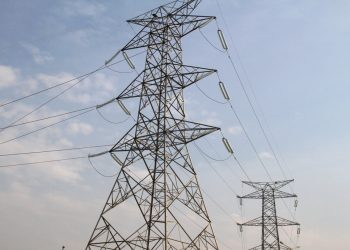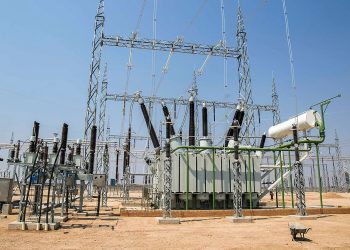
The Electricity Control Board (ECB) has approved a regulatory framework to govern the installation and operation of electric vehicle (EV) charging infrastructure in Namibia.
The move is expected to accelerate the country’s transition to sustainable transportation.
The Electric Vehicles’ Charging Infrastructure Regulatory Framework was endorsed during the ECB’s August 2024 meeting and outlines key regulatory requirements for the sector. It sets conditions for installing charging stations and provides guiding principles, including recommended standards for EV infrastructure.
ECB CEO Robert Kahimise stated that the framework would be implemented in phases, starting in April 2025.
“In the new financial year, starting in April 2025, the ECB will embark on the Framework Implementation Plan. This plan begins with the adoption of standards in collaboration with the Namibia Standards Institute (NSI), followed by a consumer education campaign to ensure that the public fully understands the Framework and its implications,” said Kahimise.
The regulatory framework comes as Namibia seeks to expand its EV market, aligning with global trends toward sustainable energy solutions. However, analysts warn that infrastructure challenges could hinder widespread EV adoption.
Simonis Storm Economist Almandro Jansen noted that while Namibia’s focus on sustainable energy and potential government incentives could accelerate EV adoption, a lack of charging stations remains a key barrier.
“Without investment in infrastructure, adoption is likely to be slow, with EVs concentrated in urban areas,” Jansen said.
Jansen also pointed to shifting vehicle import patterns, noting that Namibia primarily sources vehicles from South Africa, Japan, and the European Union. However, a decline in Japanese exports, particularly from brands like Nissan and Honda, could lead to increased imports from China and Europe, potentially introducing more affordable hybrid and electric models.
“The government’s role in incentivising this transition through policies on import duties and tax incentives could be pivotal in shaping Namibia’s vehicle market. Policies on vehicle taxation, EV incentives, and trade agreements will play a crucial role in the future trajectory of Namibia’s automotive sector,” Jansen explained.
Currently, Namibia has approximately 100 electric vehicles on the road, with the Nissan Leaf dominating the market. To support EV adoption, the country is actively working on setting up charging stations nationwide.
M&Z, a major player in the automotive industry, has already launched a fast-charging station with a capacity of 60kW/h.
Namibia has set ambitious targets for a greener transportation system, aiming to have 96,500 light vehicles converted to battery electric vehicles (BEVs) by 2025.







